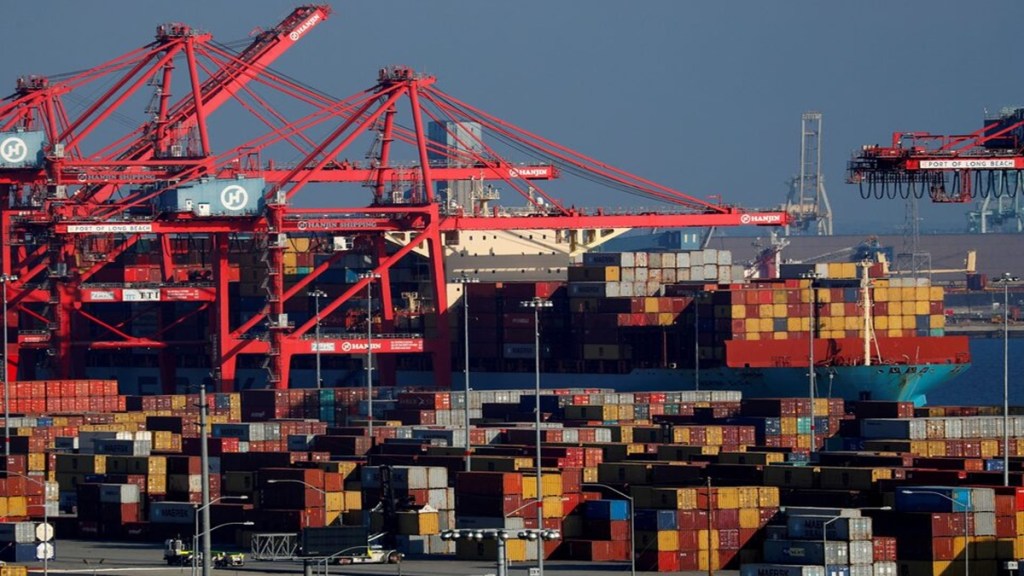India has reserved the right to take steps to protect its gains from the Comprehensive Economic and Trade Agreement (CETA) if the carbon tax proposed by the UK undermines its exports, sources said Friday.
During the negotiations on CETA the issue of the carbon tax that has been proposed by the UK under the Carbon Border Adjustment Mechanism (CBAM) was discussed but India was told by the UK side that the legislation for it has not been passed so it cannot be included in the pact.
India then conveyed to the UK that in case the CBAM measures erode its gains from the trade agreement it reserves the right to take steps to protect its exports.
Safeguards against CBAM impact
“But if it will be implemented and if it will negate trade benefits of India under the agreement, India will have the freedom to rebalance it. This much understanding has been made in the form of note verbale,” they said.
A note verbale is a type of diplomatic communication, typically written in the third person and unsigned, used to convey information or requests between governments.
“There is an understanding that in case the UK makes it effective against India in future, then we will also have the right to take counterbalance measures…India can take away the concessions, and there will be a mechanism for that,” sources added.
Zero-duty win
The UK government proposed its CBAM in December 2023, with plans to implement it starting in 2027. This mechanism, similar to the EU’s CBAM, will apply to imported goods from carbon-intensive sectors like iron, steel, aluminum, fertilizer, hydrogen, ceramics, glass, and cement.
Under CETA India has secured zero duty access for iron and steel in the UK market. Earlier the exports of steel to the UK attracted 10% duties. The UK imports $ 18.46 billion worth of iron and steel and India’s share in it stands at just $ 887 million. Even capturing 30-40% of the share of UK imports can push India’s exports of iron and steel to $ 7.5 billion.
Economic think tank GTRI said that by not securing a carve-out or exemption clause on CBAM, India lost a vital opportunity to protect its carbon-intensive exports. India had earlier also flagged serious concerns over this tax, terming it a trade barrier.
